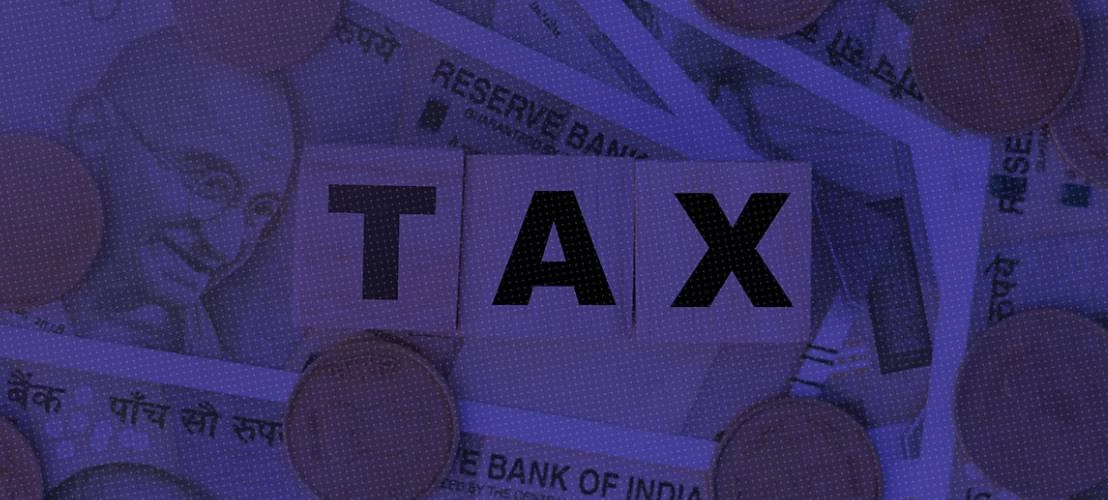Allowing an appeal against the decision of the Delhi High Court, the Supreme Court has held that the offense of copyright infringement under Section 63 the Copyright Act, 1957 is a cognizable and non-bailable offence.
Taking note of Part II of the First Schedule to the Criminal Procedure Code, the Supreme Court observed that if the offense is punishable with imprisonment for three years and onwards till seven years, the offense is cognizable.
The Apex Court in this regard observed that the maximum punishment which can be imposed under Section 63 was three years and thus, the Magistrate may sentence the accused for three years also.
The Supreme Court in this case - Knit Pro International v. State of NCT of Delhi, held that only in a case where the offense is punishable by imprisonment for less than three years or with a fine only, the offense can be said to be non-cognizable.
The Court in its Judgement dated 20 May 2022 also observed that the language of the provision in Part II of the First Schedule to CrPC is very clear and there is no ambiguity whatsoever. Court’s decision in the case of Rakesh Kumar Paul v. State of Assam [(2017) 15 SCC 67] was held as not applicable.







